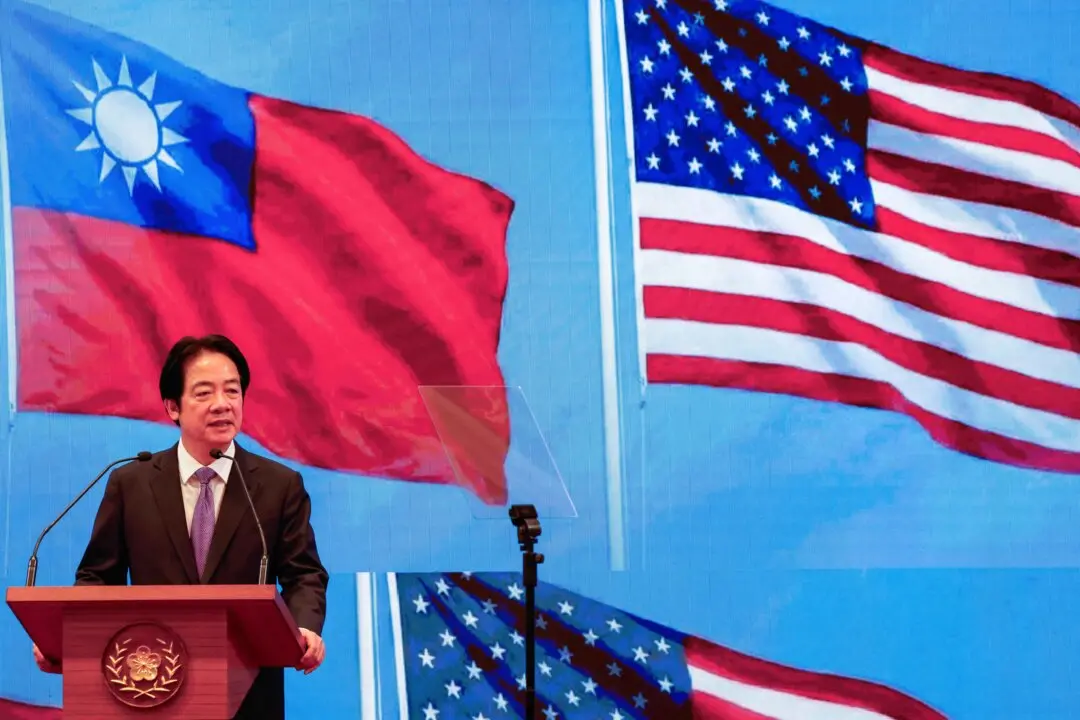Sen. Marco Rubio (R-Fla.) has introduced a new bill aimed at safeguarding U.S. national security from high-risk foreign mobile apps, in particular those from China.
Rubio especially named Chinese popular video-sharing app TikTok and messaging app WeChat for their threats to personal privacy.




